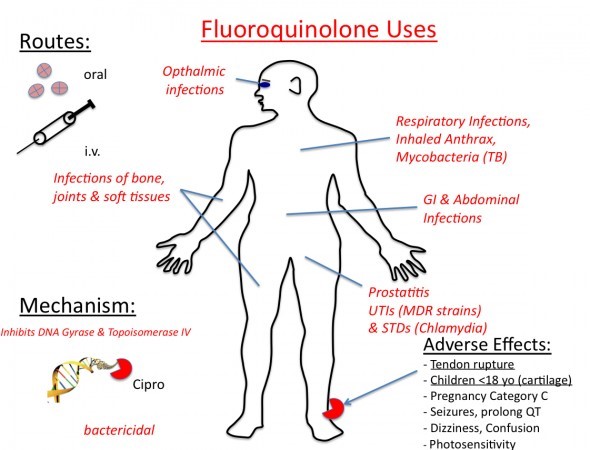A nurse on a medical-surgical unit is assigning tasks to an assistive personnel (AP). Which of the following tasks should the nurse delegate to the AP?
Performing indwelling urinary catheter care
Demonstrating how to use an incentive spirometer
Measuring the depth of a stage 3 pressure injury
Changing the appliance on a new colostomy
The Correct Answer is A
Delegating tasks involves assigning appropriate responsibilities to assistive personnel based on their level of training, competency, and scope of practice. Performing indwelling urinary catheter care is a task that can be safely delegated to an AP who has received proper training and demonstrated competency in this skill. The nurse should ensure that the AP is familiar with the facility's policies and procedures regarding catheter care and can perform the task safely and effectively.
Demonstrating how to use an incentive spirometer requires specialized knowledge and the ability to provide clear instructions. It is typically within the scope of practice of licensed healthcare professionals, such as nurses or respiratory therapists, who have the necessary expertise to properly educate and guide patients in using an incentive spirometer. This task should not be delegated to an AP.
Measuring and assessing the depth of a pressure injury requires clinical judgment and accurate evaluation, which falls within the scope of practice of a licensed nurse. It involves understanding wound assessment, proper technique for measuring depth, and interpreting the findings. This task should be performed by the nurse rather than an AP.
Changing the appliance on a new colostomy involves skills such as assessing the stoma, selecting the appropriate appliance, and ensuring proper application. This task requires specialized knowledge and training in stoma care, and it should be performed by a licensed nurse who has the expertise in managing ostomies. It should not be delegated to an AP.
Nursing Test Bank
Naxlex Comprehensive Predictor Exams
Related Questions
Correct Answer is C
Explanation
Ciprofloxacin is an antibiotic commonly prescribed for the treatment of various bacterial infections. It belongs to a class of medications known as fluoroquinolones. One potential side effect of ciprofloxacin is increased sensitivity to sunlight, which can lead to a higher risk of sunburn. Therefore, it is important for the client to take precautions, such as using sunscreen, wearing protective clothing, and avoiding excessive sun exposure while taking this medication.
"Take an antacid if the medication causes gastrointestinal upset": Ciprofloxacin can be taken with or without food, but it should not be taken with antacids, calcium supplements, or other products containing aluminum, magnesium, or calcium, as they can interfere with the absorption of the medication. If gastrointestinal upset occurs, it is generally recommended to take the medication with food to minimize this side effect.
"Restrict your daily fluid intake while taking this medication": There is no need to restrict fluid intake while taking ciprofloxacin unless specifically instructed by the healthcare provider.
Adequate hydration is important to maintain overall health and prevent potential complications.
"Expect to experience diarrhea while taking this medication": Diarrhea can be a potential side effect of ciprofloxacin, but it is not a universal experience for all individuals taking the medication. It is more appropriate to inform the client about the potential side effects of ciprofloxacin, including gastrointestinal upset, and to encourage them to report any significant or persistent symptoms to their healthcare provider

Correct Answer is A
Explanation
The nurse should administer scheduled pain medications to a client who is near death. This is an important nursing intervention to ensure that the client is comfortable and free from pain.
b) Providing oral care every 6 hours is important, but it may not be the highest priority for a client who is near death.
c) Administering liquids using a syringe may not be necessary or appropriate for a client who is near death.
d) Whispering when talking to family members is not necessary. The nurse should communicate openly and honestly with the family members.
Whether you are a student looking to ace your exams or a practicing nurse seeking to enhance your expertise , our nursing education contents will empower you with the confidence and competence to make a difference in the lives of patients and become a respected leader in the healthcare field.
Visit Naxlex, invest in your future and unlock endless possibilities with our unparalleled nursing education contents today
Report Wrong Answer on the Current Question
Do you disagree with the answer? If yes, what is your expected answer? Explain.
Kindly be descriptive with the issue you are facing.
